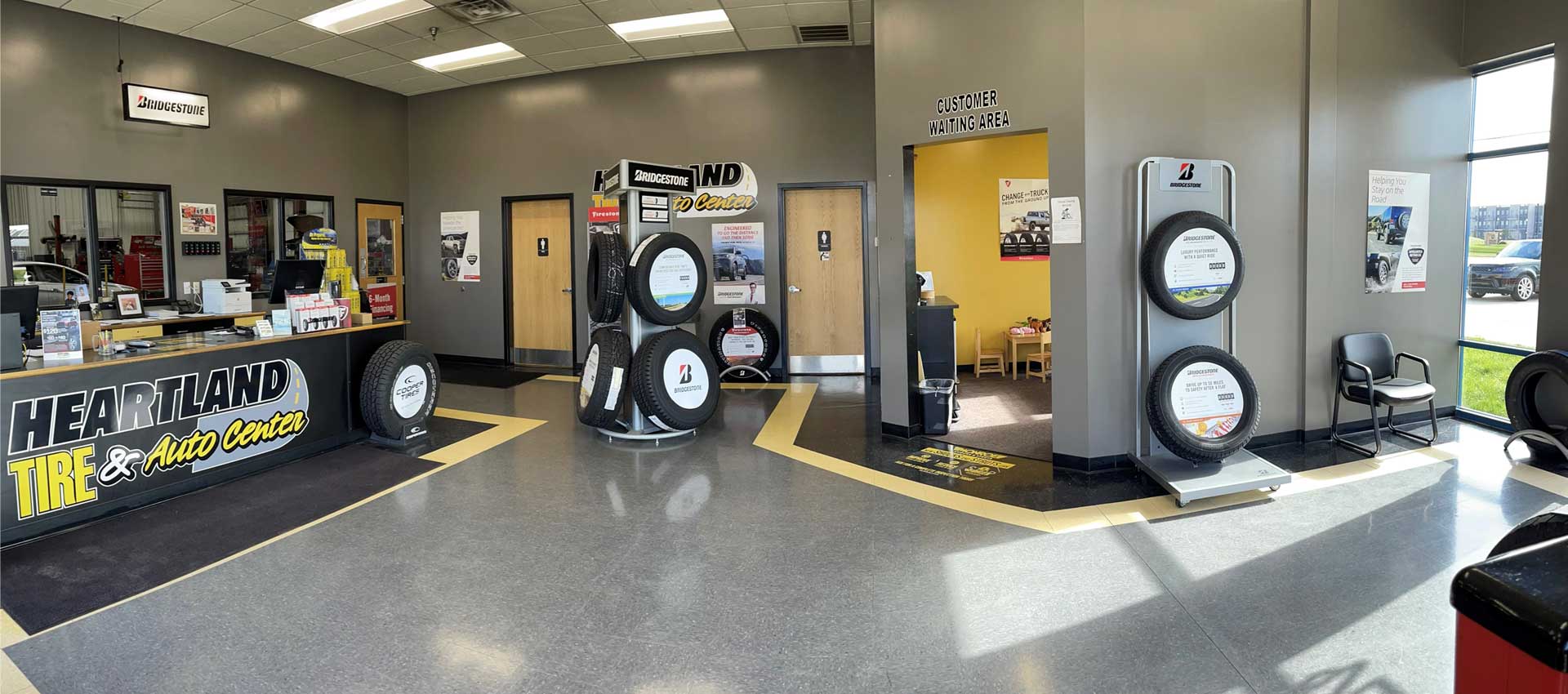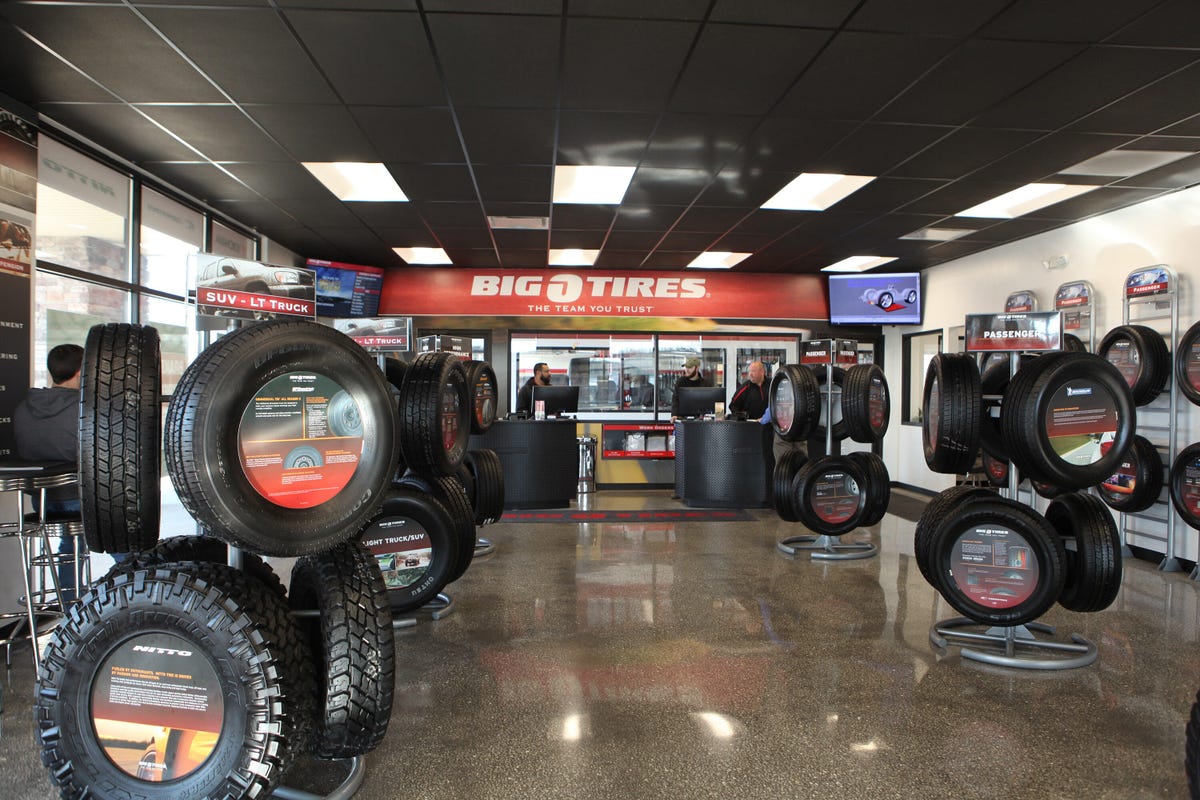Count On Morris Tire and Alignment for Professional Service and Care
Count On Morris Tire and Alignment for Professional Service and Care
Blog Article
Tire Solution: Understanding Tire Pressure Monitoring Solutions
Understanding Tire Stress Tracking Systems (TPMS) is an important element of preserving ideal vehicle performance and safety on the roadway. With improvements in automobile modern technology, TPMS has become a basic function in modern automobiles, giving real-time info on tire stress degrees.

Significance of TPMS
The significance of Tire Pressure Monitoring Systems (TPMS) depends on their capacity to enhance car safety and security and performance through real-time tracking of tire pressure degrees. Maintaining the right tire pressure is essential for guaranteeing optimal handling, stopping, and total safety and security of a vehicle. TPMS offers chauffeurs with immediate responses on any overinflated or underinflated tires, permitting prompt adjustments to be made.
Components of TPMS
Sensors are normally situated in the tire shutoff stem or connected to the wheel setting up, where they gauge tire stress and send data to the control component. Some progressed TPMS models also display the real tire pressure analyses for each tire, offering vehicle drivers with real-time information to make certain optimal tire efficiency and security. By keeping an eye on tire stress constantly, TPMS helps prevent mishaps, decreases tire wear, and enhances gas effectiveness, making it an important component for vehicle security and performance. mopar tire service specials.
Kinds of TPMS

On the various other hand, indirect TPMS depends on the vehicle's wheel speed sensors to keep an eye on tire stress. This system spots underinflation by contrasting the rotational rates of the wheels. Indirect TPMS is less pricey than direct TPMS, as it uses existing sensors within the automobile.
While direct TPMS uses much more precise analyses, indirect TPMS is simpler in layout and normally requires much less maintenance. Both systems have their benefits and restrictions, and the selection between them usually depends on variables Get More Information such as cost, vehicle make, and individual preference. Comprehending the distinctions in between these 2 sorts of TPMS can assist automobile proprietors make notified choices regarding tire maintenance and safety.
TPMS Maintenance Tips
Conduct routine checks on the tire stress degrees and contrast them with the TPMS readings to guarantee they are constant. During tire turning or substitute, make certain that the TPMS elements are handled very carefully to prevent any prospective damage. If the TPMS alerting light brightens on the control panel, deal with the issue immediately by examining the tire stress and the overall system for any type of mistakes.
Benefits of Proper Tire Stress
Preserving proper tire pressure, as highlighted in TPMS Maintenance Tips, is essential for gaining the many advantages connected with ideal tire pressure degrees. Among the key advantages of maintaining the appropriate tire pressure is improved fuel performance. When tires are appropriately pumped up, there is much less moving resistance, causing better gas economic climate. In addition, correct tire stress guarantees even tire wear, prolonging the life expectancy of the tires and promoting much safer driving problems. With the right tire pressure, lorries additionally have much better handling and grip, especially in unfavorable climate condition. This can improve overall driving performance and security for the chauffeur and passengers. Keeping optimal tire stress can contribute to a smoother and a lot more comfy experience by decreasing resonances and sound caused by underinflated tires. To conclude, the advantages of appropriate tire stress go beyond just tire longevity; they include improved directory fuel efficiency, boosted safety, much better car performance, and total driving comfort.
Verdict
In verdict, recognizing tire pressure monitoring systems (TPMS) is vital for maintaining optimal tire pressure and making sure lorry safety. By recognizing the value of TPMS, knowing with its parts, knowing the various kinds available, adhering to appropriate upkeep tips, and realizing the benefits of maintaining correct tire stress, motorists can improve their driving experience and prolong the life-span of their tires. Proper tire pressure is crucial to reliable and secure vehicle operation.

Report this page